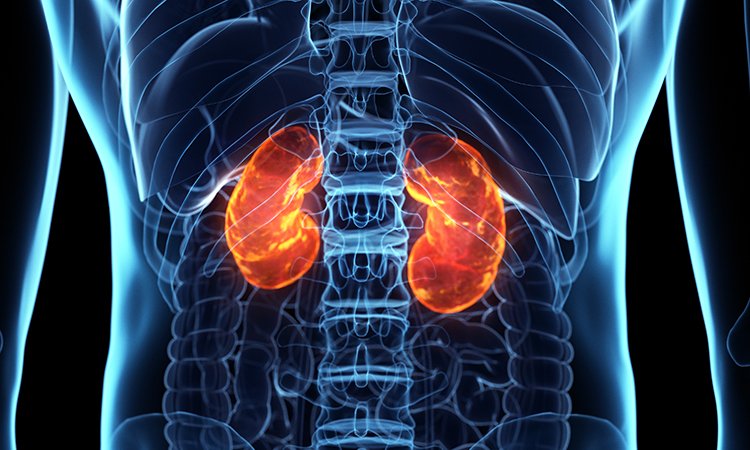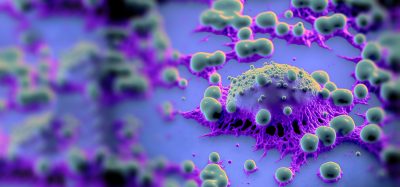Lead compound for potential treatment of acute kidney injury identified
Posted: 13 December 2021 | Victoria Rees (Drug Target Review) | No comments yet
A new 6-chromanol-derived compound named SUL-138 has shown promise in animal models at treating acute kidney injury.

Researchers at the University of Groningen, the Netherlands and their collaborators, report that they have identified a lead compound for the treatment of acute kidney injury (AKI).
According to the team, the underlying causes of AKI include hypothermia and rewarming (H/R), ischemia/reperfusion (I/R), mitochondrial dysfunction and reactive oxygen species production. Inspired by the mechanisms conferring organ protection in hibernating hamsters, the team developed 63 6-chromanol-derived compounds to address the need of effective prevention and treatment of AKI.
In their study, published in the European Journal of Pharmaceutical Sciences, the researchers screened for 6-chromanol leads that confer protection during I/R to select compounds with favourable profiles for clinical testing in AKI. A library of 6-chromanols was first screened in silico for pharmacochemical properties and druggability. The team found that the three candidates with the highest potency were SUL-121, SUL-132 and SUL-138. These selected compounds were then also screened to reveal their potency to protect HEK293 cells from H/R cell death and subjected to a panel of in vitro safety assays.
Based on these parameters, the compound SUL-138 was selected as a lead and was found to safeguard kidney function and decrease renal injury after I/R in rats. The researchers found that the compound was without cardiovascular or respiratory effects in vivo. SUL-138 pharmacokinetics of control mouse and rat models and rats undergoing I/R was identical, demonstrating a two-phase elimination profile with terminal half-life of about 8 hours.
“Collectively, our phenotype-based screening approach led to the identification of three candidates for pre-clinical studies. SUL-138 emerged from this small-scale library of 6-chromanols as a novel prophylactic for AKI. The presented efficacy and safety data provide a basis for future development and clinical testing,” the researchers write in their paper.
NEWS: Novel screening method identifies lead molecule for GPCR dimerisation
Related topics
Drug Leads, Hit-to-Lead, In Vivo, Lead Generation, Sequencing
Related conditions
acute kidney injury
Related organisations
University of Groningen







